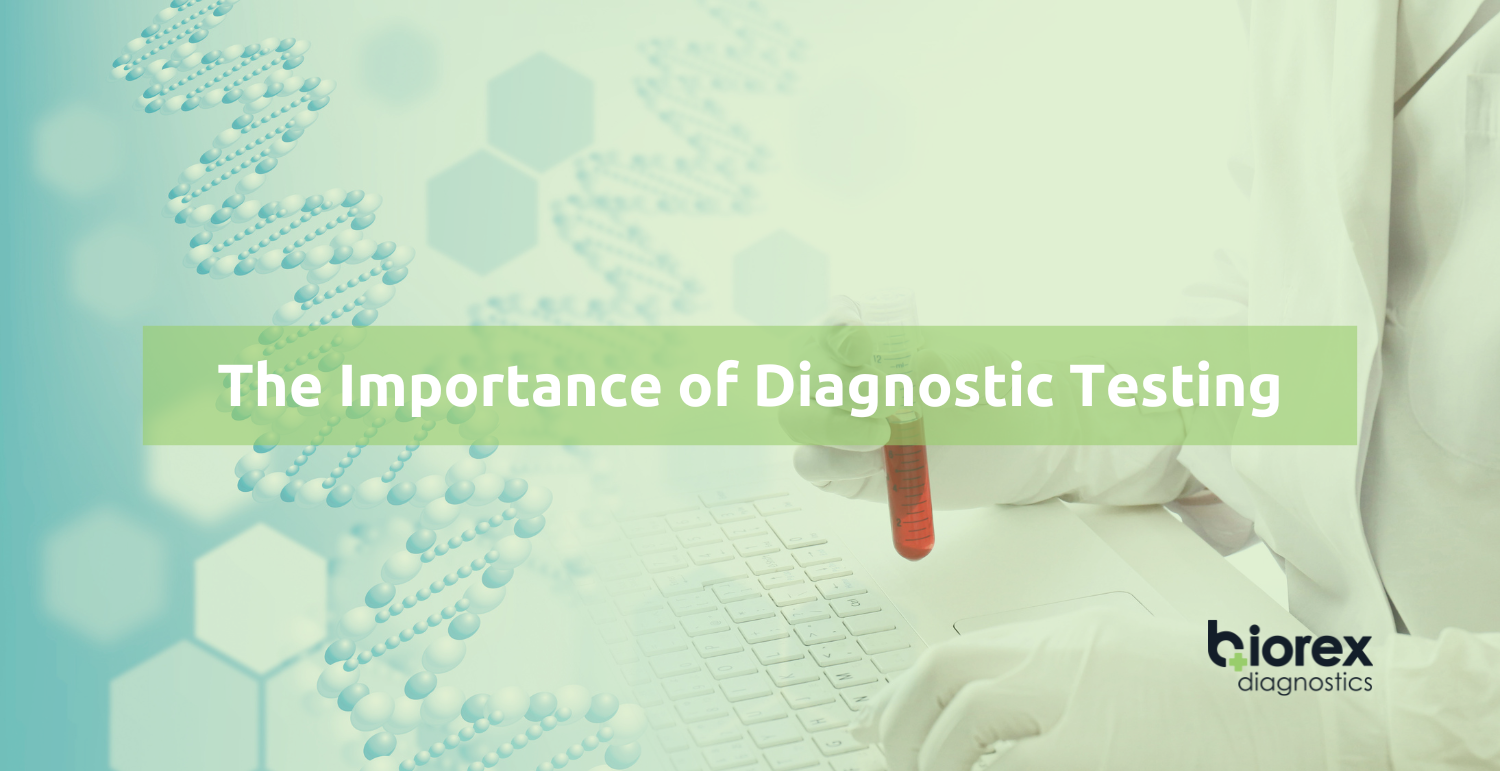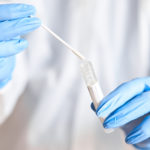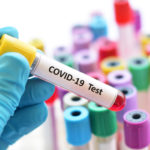
The Importance of Diagnostic Testing
The Importance of Diagnostic Testing
Healthcare starts with and depends on diagnostics, whether it’s cancer, diabetes, infectious diseases or serious health threats, diagnostics are at the front and centre. Diagnostics enable physicians and clinicians to gather the precise information to aid in the early detection, prevention and monitoring of diseases. Moreover, diagnostics are vital in optimising care pathways and in the creation and implementation of treatment plans. Despite this, diagnostics are greatly undervalued with many healthcare systems around the world sorely lacking in awareness of the importance of and capacity to integrate diagnostics 1.
The Role of Diagnostic Tests
Diagnostic tests are used routinely in clinical practice. They can be non-specific (complete blood count) and specific (Anti-CCP for rheumatoid arthritis). Diagnostic tests are utilised for three key reasons 2:
Identification
Upon evaluating a patient, including a physical exam and reviewal of symptoms, a clinician will order diagnostic tests to confirm a suspected condition or to exclude conditions. Of course, the early detection of a disease, with the help of diagnostic tests, can help your clinician implement treatment plans swiftly, and halt the progression of disease 2.
Monitoring
Following a diagnosis, further diagnostic tests can be requested to determine if the treatment is working effectively 2.
Prognosis
Diagnostic testing can aid a doctor in reviewing the progression of disease and predict how long one will live 2.
The Role of Diagnostic Tools
Diagnostic testing is a crucial aspect of clinical practice, however, it is fundamental that every diagnostic test has a suitable degree of reliability and validity. If these two crucial requirements are not met, the usefulness of the test in supporting a physician’s diagnosis, developing a treatment plan, or monitoring the progress of a patient becomes an issue 3.
Along with the diagnostics tests, doctors also employ diagnostic medical equipment to assess and monitor several aspects of a patients’ health. Diagnostic analysers are utilised to run diagnostic tests, which is essential for a variety of measurements, including: hepatic function, immunological markers and antibodies, renal function etc 3.
The Importance of Diagnostics
Diagnostics is important because it can help patients live longer and healthier lives when disease progression is delayed or halted, or patients recover through early and timely diagnosis, followed by the early implementation of treatment plans. Moreover, diagnostics provide information that can greatly benefit the patient as healthcare professionals can choose the appropriate preventative interventions as well as providing vital prognostic data that allows for the optimisation of care pathways and management. Diagnostic data can also aid in reducing, shortening and avoiding hospitalisation, decrease inappropriate medication use, and shorten the length of or prevent sick leave. As such, diagnostics brings economic value in terms of cost-containment and fostering improved health outcomes, and ultimately enabling the efficient use of resources 4.
Biorex Diagnostic Tools
Biorex offer several diagnostic tools to aid in helping patients live longer and healthier lives.
| Diagnostic Tool | Description |
| Clinical Chemistry Reagents | Manufactured to the highest quality standards in an ISO 13485:2016 certified laboratory, ensuring excellent stability, accuracy and results you can trust. |
| System Reagents | Manufactured to the highest quality standards in an ISO 13485:2016 certified laboratory, ensuring excellent stability, accuracy and results you can trust. |
| Controls & Calibrators | Our Seraqual controls & calibrators are designed and manufactured in-house to the highest quality standards, enabling laboratories to confidently produce accurate results. |
| Haematology | A range of haematology reagents, and controls & calibrators for use in detecting blood related disorders. |
| Haemostasis | An extensive range of high quality haemostasis reagents for the determination of coagulation. |
| Immunoassay ELISA | An effective and highly sensitive range of diagnostic solutions |
| Immunoassay CLIA | The latest and most advanced immunoassay technology, CLIA kits deliver high sensitivity, greater detection system, high linearity and faster incubation. |
| Blood Grouping | Traditional and new techniques for the identification of major and rare blood grouping types. |
| Latex Serology | An extensive range of latex agglutination tests for the identification of specific antibodies and antigens in blood, cerebrospinal fluid, saliva and urine. |
| Febrile Antigen | A range of stained bacterial antigen suspensions for the identification of antibodies produced in response to an infection. |
| Rapid Diagnostic Tests | A range of high quality and easy-to-use rapid diagnostic tests suitable for preliminary or emergency medical screening. |
| Urine Strips | A simple and cost-effective solution for the diagnosis or screening of substances or cells in urine. |
| Syphilis Testing | An extensive range of high quality syphilis tests with controls and associated reagents. |
| Instrumentation | A diverse range of analysers, offering laboratories the opportunity to provide affordable results without compromising quality. |
| Neonatal Screening | An extensive range of high quality neonatal tests for the detection of inborn errors of metabolism. |
References
- Financial Times Live. The Power of Diagnostics to Improve Global Healthcare. https://powerofdiagnostics.live.ft.com/ (accessed 23 March 2023).
- Shaikh J. What Is the Purpose and Use of Diagnostic Testing? https://www.medicinenet.com/what_is_the_purpose_and_use_of_diagnostic_testing/article.htm (accessed 23 March 2023).
- McFarlane S. A Short Note on Importance of Diagnostic Tools. Journal of Medical Diagnostic Methods 2022; 11(2). https://www.longdom.org/open-access/a-short-note-on-importance-of-diagnostic-tools-90926.html (accessed 23 March 2023).
- Wurcel V, Cicchetti A, Garrison L, Kip M.M.A, Koffijberg H, et al. The Value of Diagnostic Information in Personalised Healthcare: A Comprehensive Concept to Facilitate Bringing This Technology into Healthcare Systems. Public Health Genomics 2019; 22(). https://www.karger.com/Article/Pdf/501832 (accessed 23 March 2023).







